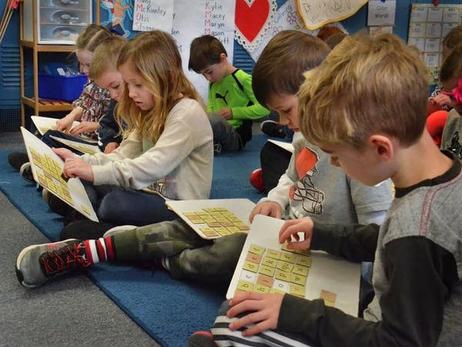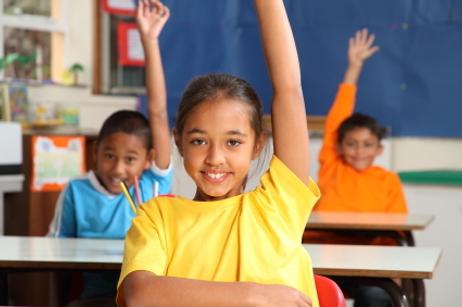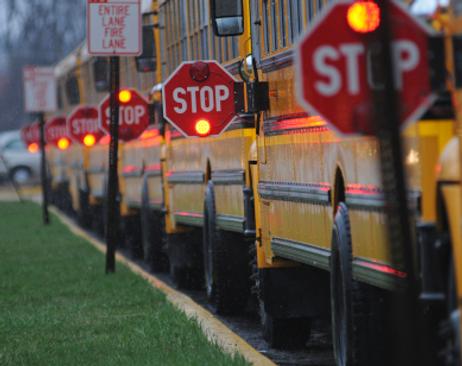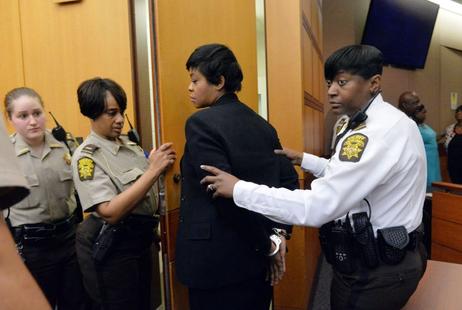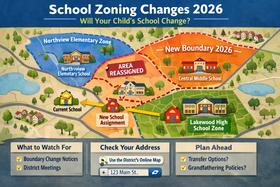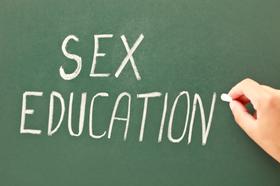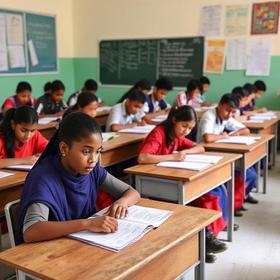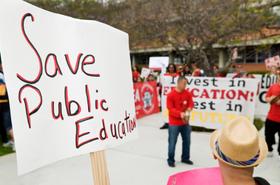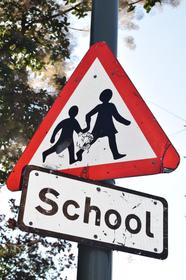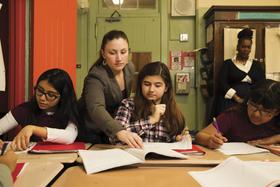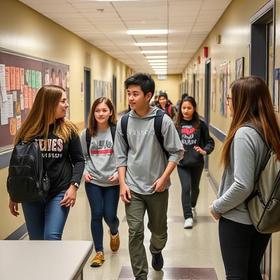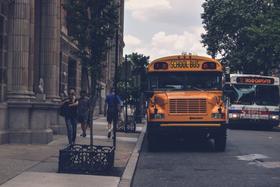Earlier this year, the Obama administration predicted that nearly 80 percent of all public schools nationwide would miss the benchmarks required by the No Child Left Behind Act by the end of 2011. Now that the numbers are in from the Center on Education Policy, the number of schools failing No Child Left Behind is considerably lower than original predictions. However, at a failure rate of almost 50 percent, there is still plenty of concern over what needs to be done to revamp NCLB to make it a more effective means of evaluating school performance across the country.
What is No Child Left Behind?
According to an article at , the No Child Left Behind Act was enacted in 2002 and has demonstrated “sweeping impact” in public schools across the country. This piece of legislation has been instrumental in determining what students would learn, the tests they would take, and the training teachers received. The original intent of the law was to hold all public schools to a national standard, so that students in all locations and from all demographics would receive the same quality education. Targets are established, and schools that meet the targets receive their maximum funding allowance, while schools that fail to make the grade may lose funding and even be subject to closure.
A report at CNN explains that states are required to set proficiency goals, develop testing to accurately assess their progress toward those goals, and report their

